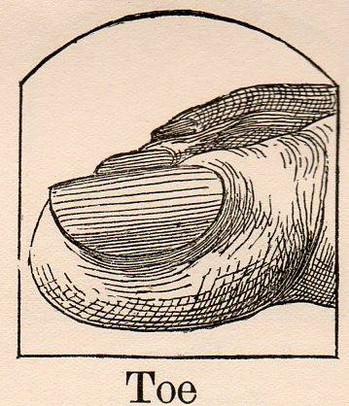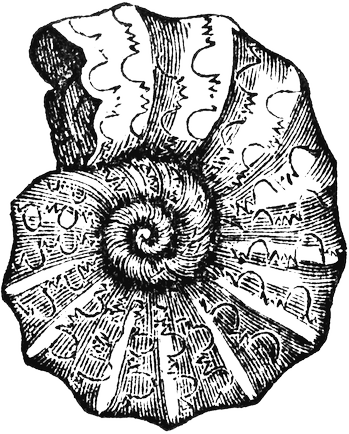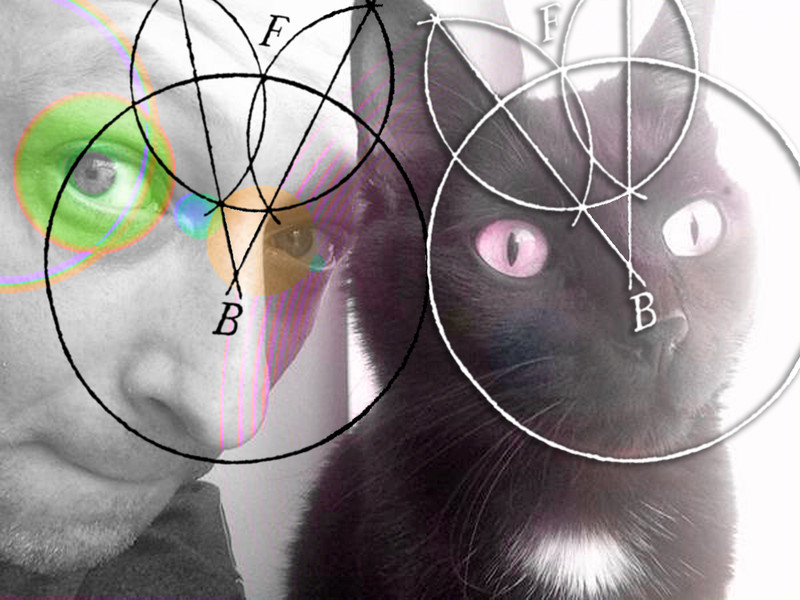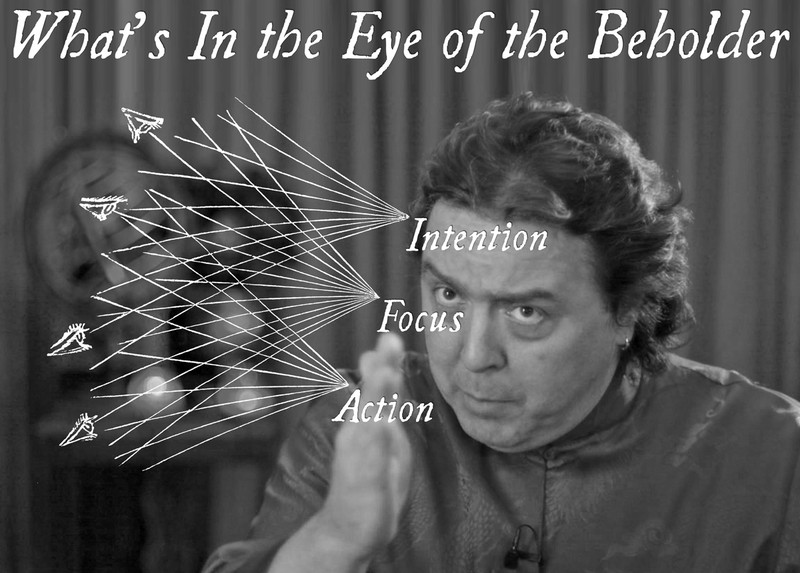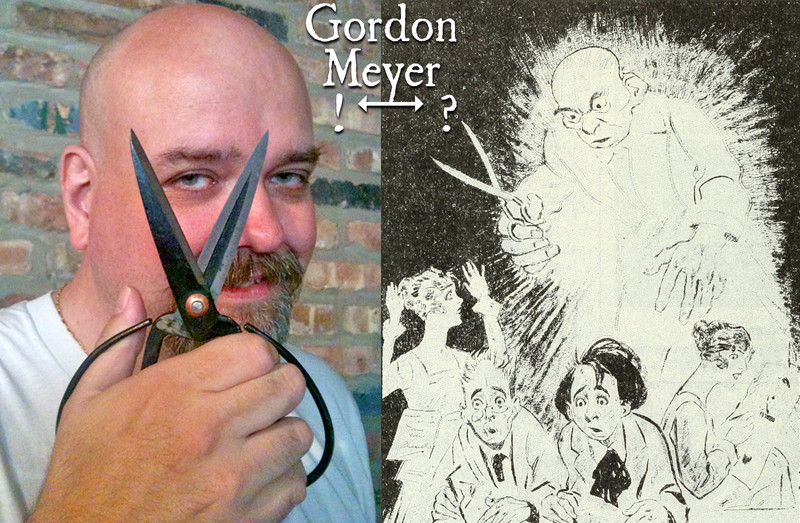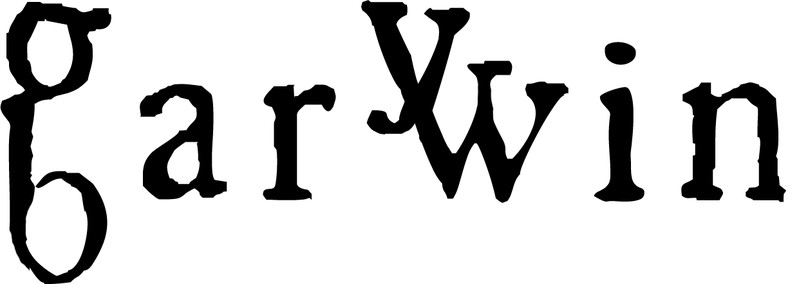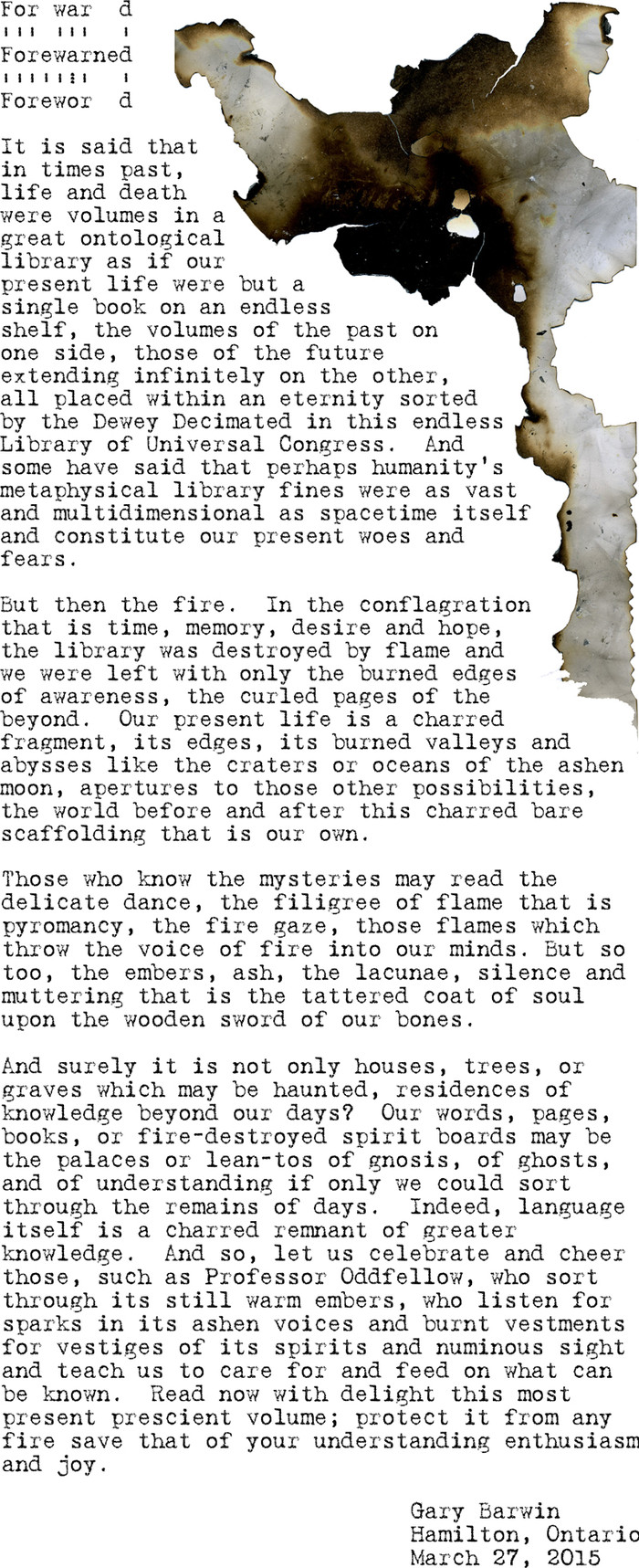I Found a Penny Today, So Here’s a Thought
|


 |
|
|
 |
 |
 |
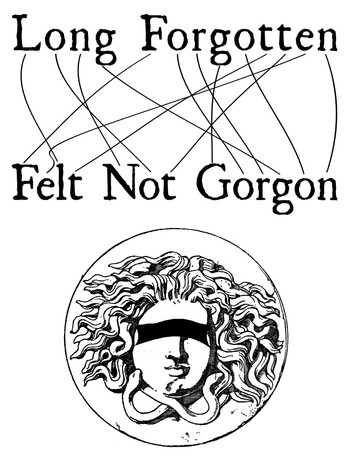
When we learned that our favorite website, Long-Forgotten Haunted Mansion, was drifting into a peaceful slumber, our first wish was that the site forever spook but never petrify. (See our anagram.) But the site's intrepid investigator, HGB2, offers some anagrams of his own:
As Long-Forgotten slumbers on in a state of hibernation, you may begin to feel melancholy and alone. I would suggest going out into that serene and lovely front yard, letting the grass and the trees restore your spirits. In other words, if you yourself feel long forgotten, our advice is: Go to front glen.
On your way out, as you leave the building, you might mutter absentmindedly—and with perhaps with a hint of bitterness—the cliché, "Last person out, turn off the lights," forgetting that there's no electricity in the world of the Mansion. Amused, we remind you: No front toggle.
If we allow it, this may recall to our minds that it isn't the technology that charms us, but simple, timeless tricks and illusions. So easily we forget that it's an old-fashioned magic show: Forget not long.
(See why we shudder at the thought of Long-Forgotten going on hiatus?!)
|



 |
|
|
 |
 |
 |
This manual seems to titularly announce its target demographic, but don't let that fool you. It's like reading Lewis Carroll. No matter how much weariness there is in your bones, the sprite of your mind will fly with and to these words.
It's lavishly illustrated by the author with all sorts of abraxases and magic squares and mystical beasts whose mix-and-match bodies were the precursors of today's recombinant, genetic portmanteaux.
How much ... a delight it is ... to simply enjoy the uncommon truths of these eldritch spells coiled upon themselves and their secrets like wonderful chambered nautiluses.
The book elevates sound (and its magical properties) to the same level the Theosophists did, but in a much more playful way. It is a preposterous work, in the best sense of that word.
|

 |
|
|
 |
 |
 |
Anonymous asks, "If I may, I was told I have to find my voice. Any ideas? Suggestions?"
This vintage diagram explains all. [Its context is technically unrelated (you may or may not recognize its original purpose), but no matter.] We see the form of a lower-case i, and that's crucial. Note that the lower-case i has a head on its shoulders, unlike the capital I, which is merely a construct (a girder and two beams, eh?). And so the capital I/ego decapitates the genuine expression of the little i. The dot of the i makes this diagram a universal "You are here" map. One's voice can never to be "found," for it's impossible for it to go missing. It's always here, at ground zero. The question can only be, what has been overlaid and is hiding that dot? Is it a respected voice one has been emulating? Is it an artificial attempt to meet perceived requirements or expectations? Emulations refer to the past, and expectations allude to the future. It's only in the eternal present moment that one's unique voice resonates. In terms of writing projects, it's perhaps most difficult to express one's true voice in an assignment or an homage. The key is to work on a project so idiosyncratic that there are no precedents. (For example, we recently challenged ourselves to come up with a guide to The Care and Feeding of a Spirit Board. Nothing even remotely like it had ever been written, so it was unexplored territory where no other voices echoed.) That's the key, but it's a trick key, and the trick is to allow yourself to get so caught up in the current of writing that your capital I gets left behind. But forget all that -- the vintage diagram says it better.
|








 |
|
|
 |
 |
 |
On the basis of two bits of evidence (but please send us more examples), we've determined that British humo[u]r can move any mountain (to the tune of The Shamen's "Move Any Mountain" or not). Exhibit A: In Maurice Dolbier's Nowhere Near Everest: An Ascent to the Height of the Ridiculous, we find a character who boldly "contrived the removal of Mount Everest and the substitution of a smaller peak, in an attempt to create an international incident." Exhibit B: In the series one, episode two of Absolutely Fabulous, a character is sued by British Heritage for shifting some ancient standing stones out of the way:
Eddie: Sued? Why are being sued, darling?
Bubble: Well, that last fashion shoot you organised. Apparently, someone moved a couple of rocks, or something.
Patsy: Moved a couple of old rocks? My God!
Eddie: Stonehenge, Pats. Anyway...
Patsy: So? They should be glad of the publicity.
Britain's effortless ability to move any mountain through humo[u]r is unmistakable.
|



 |
|
|
 |
 |
 |
Can one judge a book by its first page? (Spoiler: we do.) We bought Kazuo Ishiguro's The Buried Giant after reading John Pistelli's piece about it, and we'll probably try to get through it, but page one sure did leave us cold. (That's not counting Ishiguro's blatantly misused semicolon in the second line.) We're initially astonished over the banquet of praise the book has received. In fairness, one can't help but to draw comparisons to John Cowper Powys' astonishing Porius, which similarly explores ancient Wales and its mythology (only Powys, under the spell of Merlin, writes sublime sentences from the get-go). Almost more so, we're still staggering from the utter brilliance of The Attic Pretenders, which presents itself as an actual artifact of the Otherworld (and may be the only one of its kind: the phrase "artifact of the Otherworld" delivers zero Google results). (And thanks to Writers No One Reads for putting us onto The Attic Pretenders.) Compared to the visceral Otherworld that Attic Pretenders captures, the first page of The Buried Giant feels like a child's chalk drawing. While we'd love for page two of The Buried Giant not to disappoint, we have entire color-coded bookshelves of vastly better-written prose.
|



Page 142 of 171

> Older Entries...

Original Content Copyright © 2025 by Craig Conley. All rights reserved.
|



